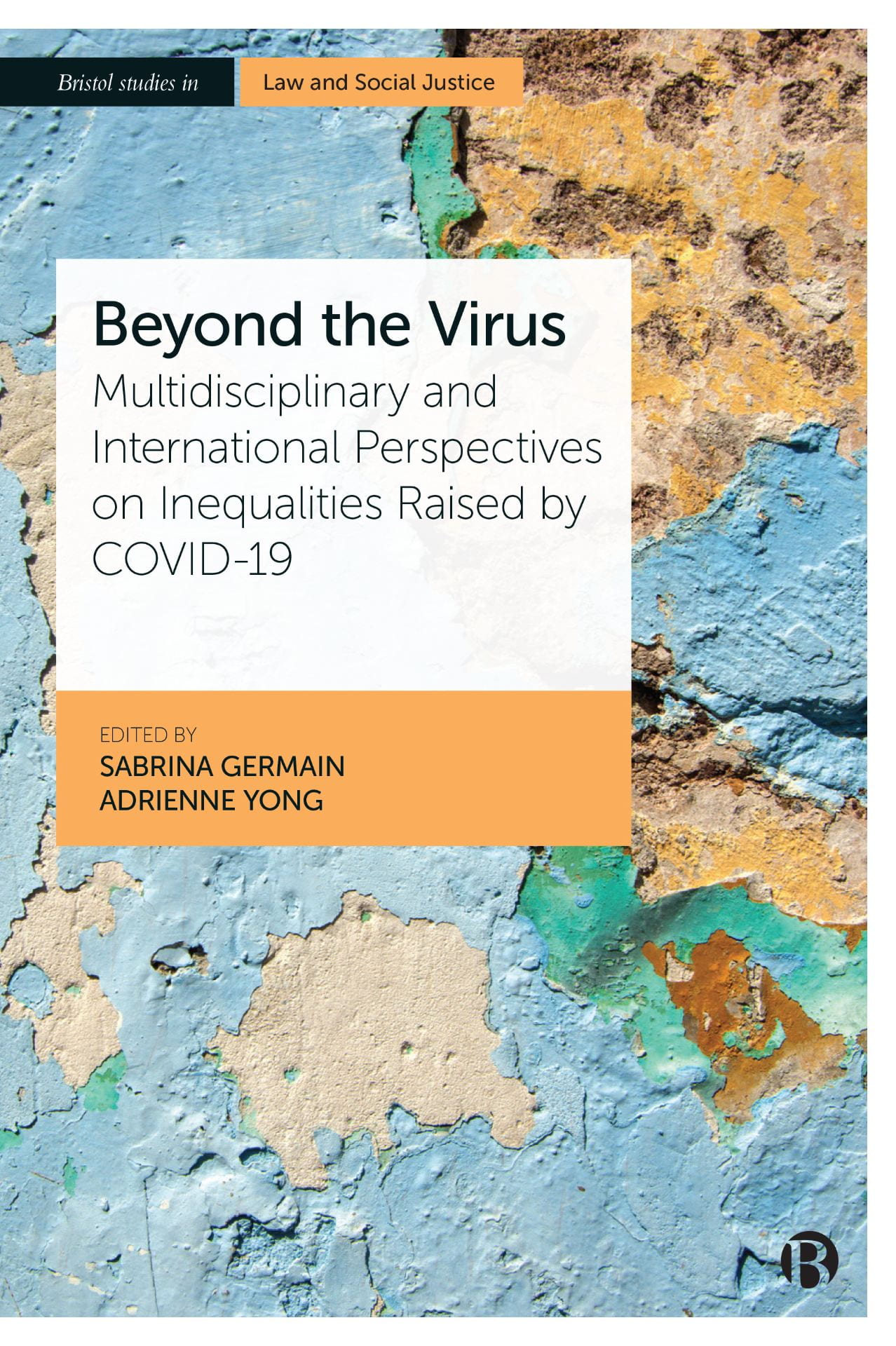
By Professor Dimitrios Giannoulopoulos, Head of Department, The City Law School
Once again, we are confronted with the politicisation of the European Court of Human Rights. But at the highest political level, and not just in the UK, this time. Nine European governments have issued a joint letter where they express the wish to ‘launch a new and open-minded conversation about the interpretation of the European Convention on Human Rights’ (in relation to immigration), explaining they want to ‘restore the right balance’ and that they will work together to further this ambition.

The Italian and Danish PMs are leading on this initiative, with Austria, Belgium, Czechia, Estonia, Latvia, Lithuania, and Poland co-signing the joint letter. Interestingly, the UK is not one of the signatories, when it has arguably been the member of the Council of Europe that has been making the most (deafening, at times) noise about its dissatisfaction with modern interpretations of the Convention and its willingness to moderate the effect of the ECHR in the UK if not to withdraw from the Convention altogether.
The letter starts with the co-signatories reaffirming their ‘firm belief’ in ‘European values, the rule of law and human rights’, their commitment to ‘a rule-based international order’, ‘the inviolable dignity of the individual’ and ‘role of multilateral institutions’. It continues with strong statements about the signatories being ‘leaders of societies that safeguard human rights’, for whom these ‘rights and values […] are both crucial and fundamental and […] constitute cornerstones of [their] democratic societies’. You can sense a ‘but’ coming (in the letter) at this point. ‘It is necessary to start a discussion about how the international conventions match the challenges that we face today’, points out the letter, going on the reverse on the ‘firm belief’ in everything that preceded this observation. ‘What was once right might not be the answer of tomorrow’, and the ‘the world has changed fundamentally since many of our ideas were conceived in the ashes of the great wars’, we read next. These enigmatic proclamations about our world take concrete shape and the focus is finally placed on what has motivated this letter when we are then told that ‘we now live in a globalized world where people migrate across borders on a completely different scale’, that ‘irregular migration has contributed significantly to the immigration to Europe’ and that some migrants have ‘chosen not to integrate, isolating themselves in parallel societies and distancing themselves from our fundamental values of equality, democracy and freedom’, while others ‘have chosen to commit crimes’. In other words, the letter offers legal migration, illegal migration, and failure of integration policies, including where they manifest themselves through the actions of criminal foreign nationals, as a diagnosis of what has fundamentally changed in our world, before suggesting that the remedy is something to do with the ECtHR, more specifically ‘a need to look at how the European Court of Human Rights has developed its interpretation of the European Convention on Human Rights’, since the Court ‘has extended the scope of the Convention too far as compared with the original intentions behind the Convention, thus shifting the balance between the interests which should be protected’.


